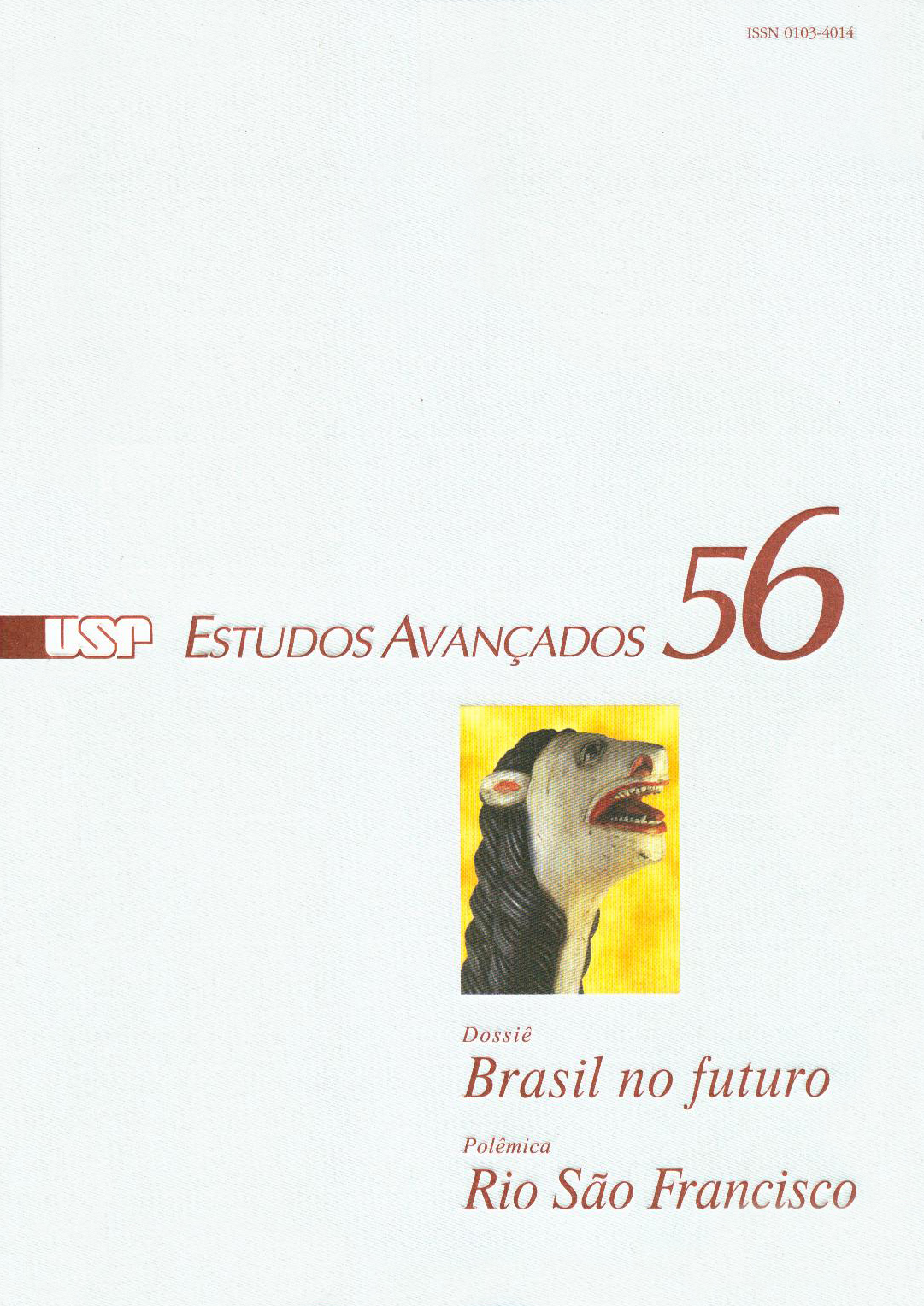Conhecimento: gargalos para um Brasil no futuro
Palabras clave:
Conhecimento, Educação, Ciência, Inovação, Desenvolvimento, FuturoResumen
O CONHECIMENTO (educação, ciência, tecnologia e inovação) é fundamental para o desenvolvimento econômico e o bem-estar da sociedade. No Brasil, os indicadores quantitativos de escolaridade, produção científica e de pós-graduação têm evoluído de forma muito positiva na última década. Apesar disso, os indicadores econômicos e sociais têm tido um desempenho pífio. Neste ensaio, são examinados alguns gargalos para que o conhecimento possa vir a ser promotor mais eficaz do desenvolvimento econômico e social. São examinados resultados prospectivos, em especial no que diz respeito à dimensão do conhecimento. Fazem-se projeções para o Índice de Desenvolvimento Humano (IDH) até o ano de 2022 e mostra-se que o seu desenvolvimento do IDH está essencialmente associado ao crescimento econômico. A continuarem as tendências verificadas no país nas últimas décadas, o cenário mais provável para o futuro próximo é de baixa qualidade de educação básica, associada à grande desigualdade social e violência crescente. O cenário desejável, contudo, é de crescimento econômico associado à redução de desigualdades. Para isso, é condição necessária, mas não suficiente, um melhor desempenho no quesito conhecimento para superar os gargalos identificados, como perseguir a melhoria da qualidade da educação básica, a ampliação do ensino superior nas regiões Norte/Nordeste, uma significativa ampliação do ensino tecnológico pós-secundário e a implantação de uma política de demanda por ciência, tecnologia e inovação.Descargas
Los datos de descarga aún no están disponibles.
Descargas
Publicado
2006-04-01
Número
Sección
Dossiê Brasil: o país no futuro
Licencia
Estudos Avançados não celebra contrato de cessão de direitos autorais com seus colaboradores, razão pela qual não detém os direitos autorais dos artigos publicados. Os interessados em reproduzir artigos publicados na revista devem necessariamente obter o consentimento do autor e atribuir devidamente os créditos ao periódico.
Cómo citar
Steiner, J. E. (2006). Conhecimento: gargalos para um Brasil no futuro . Estudos Avançados, 20(56), 75-90. https://revistas.usp.br/eav/article/view/10123


